NGO report reveals Africa’s financial strain from media stereotypes
- Update Time : Saturday, October 26, 2024
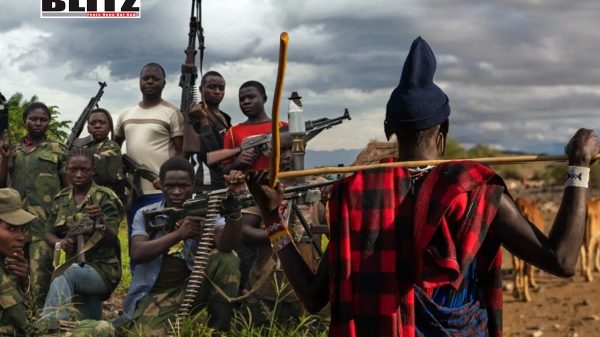
A new report by the NGO Africa No Filter has drawn attention to the severe economic consequences that African nations face due to stereotypical media coverage, particularly during critical moments like elections. According to the report, titled The Cost of Media Stereotypes to Africa, African countries may be paying billions of dollars more annually in higher interest rates and borrowing costs compared to other nations with similar risk profiles. The global media’s focus on narratives of conflict, corruption, and instability distorts perceptions of Africa and has a measurable financial impact on its governments.
The findings shed light on how media portrayals, which emphasize Africa’s challenges, unfairly inflate investors’ perceived risk of lending to African states. As a result, these nations are subjected to disproportionately high sovereign bond yields and increased loan costs. The estimated additional financial burden stands at around $4.2 billion per year, a sum that could have been allocated to economic development, healthcare, or infrastructure projects.
Moky Makura, the executive director of Africa No Filter, emphasized that media narratives are not simply an image problem-they are a financial issue that costs African nations billions of dollars annually. “African nations are subject to a disproportionate focus on negative issues such as conflict, poverty, and corruption, even when they face similar risks as other countries,” Makura said. “This distorted media narrative isn’t just a matter of image. It’s costing Africa billions.”
The report’s authors argue that by constantly associating African countries with corruption, instability, and violence, global media outlets amplify concerns among international investors about the political and economic risks of lending to these nations. These media-driven narratives, which frequently dominate coverage during election cycles, influence financial markets by driving up perceived risk, which then translates into higher borrowing costs.
One of the report’s key findings is the disparity in media coverage between African countries and nations outside the continent that face similar challenges. The report compares media narratives in African nations such as Nigeria and Kenya with non-African countries like Malaysia and Thailand. In both African and non-African nations, elections often involve corruption scandals, political instability, and governance challenges. However, media reports about African countries disproportionately emphasize these negative aspects, often framing events through a lens of violence and instability.
For example, during Kenya’s recent elections, international headlines frequently centered around electoral violence, even when peaceful voting processes were widespread. In contrast, elections in countries like Malaysia and Thailand, which faced similar irregularities, received more balanced coverage that didn’t exclusively focus on instability or violence.
Marie Wilke, one of the report’s authors, explained that negative media coverage inflates the perception of risk for African nations in the global financial community. “Negative sentiment from global media outlets inflates the perception of risk, which then leads to higher borrowing costs for African governments, even when their actual political or economic conditions are comparable to other regions,” Wilke said.
The cost of this misrepresentation is significant. African countries, many of which are already grappling with developmental challenges, must spend a larger share of their budgets on debt servicing due to inflated interest rates. This financial burden hampers their ability to invest in essential services like education, healthcare, and infrastructure. While other countries with similar governance issues can borrow at lower rates, African nations often find themselves paying a premium simply because of how they are portrayed on the global stage.
The report highlights how the misalignment between perception and reality contributes to Africa’s higher financing costs. It further estimates that African nations may be collectively paying up to $4.2 billion more per year in interest due to these distorted perceptions. This amount, while staggering, reflects just one aspect of the broader economic challenges that arise from negative media coverage.
The authors of the Africa No Filter report call for a significant shift in how international media report on Africa. They urge global news outlets to offer more balanced coverage that reflects the continent’s diversity, economic potential, and progress. Without such changes, the report warns, Africa will continue to bear the brunt of an unjust financial burden that exacerbates existing economic challenges.
Makura stresses the importance of showcasing the full picture of Africa, including its economic successes and political progress, alongside the challenges that exist. “Africa is being unfairly penalized by a narrative that emphasizes its challenges while downplaying its progress,” she said.
Moreover, the report underscores that Africa is not a monolithic entity. The continent consists of 54 countries, each with unique political and economic conditions. The overgeneralization and stereotyping that occur when international media simplify African stories into a singular narrative of crisis and instability do a disservice to these nations.
The consequences of such stereotyping are far-reaching. High borrowing costs not only strain government finances but also discourage foreign direct investment (FDI), which is crucial for economic growth. Investors who are swayed by media portrayals that exaggerate risks may shy away from African markets, even though many African economies offer lucrative opportunities for investment.
If this trend continues, it could deepen inequality between African nations and other developing regions, as they are effectively penalized in the global financial system due to skewed perceptions. This could also slow progress toward the United Nations’ Sustainable Development Goals (SDGs), which require substantial investment in infrastructure, healthcare, and education.
To address this issue, Africa No Filter advocates for more nuanced and accurate reporting that recognizes Africa’s strengths and potential, not just its challenges. By reshaping global narratives and offering a more balanced view, the media can play a role in reducing the financial penalties that African nations currently face. This, in turn, would help create a more level playing field in the global financial system and support Africa’s long-term development.
Ultimately, the report serves as a wake-up call for international media and investors alike. It challenges the world to reconsider how it views and reports on Africa, acknowledging that the current narrative is costing the continent billions of dollars it can ill afford to lose. Only by addressing these stereotypes and providing more balanced coverage can African nations begin to access the fair financial treatment they deserve.




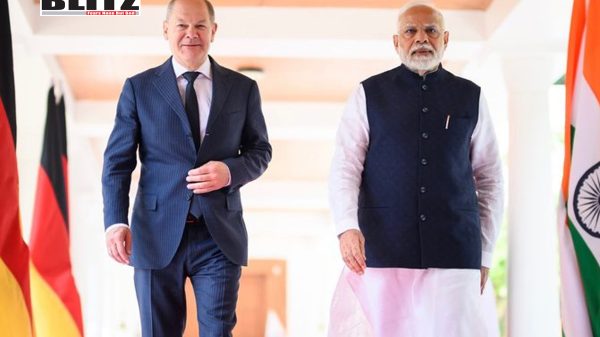
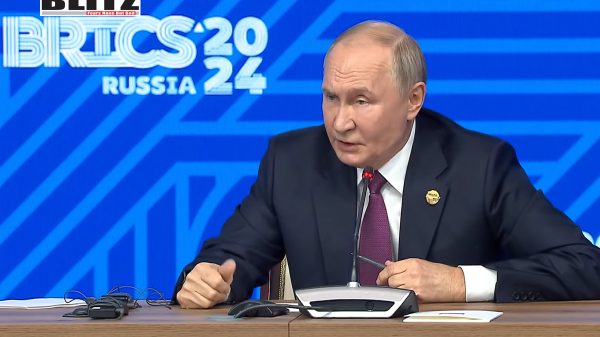
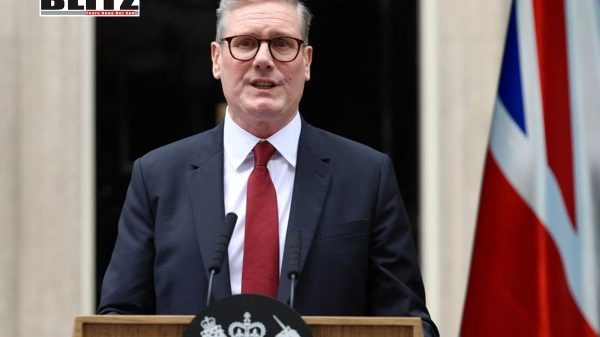
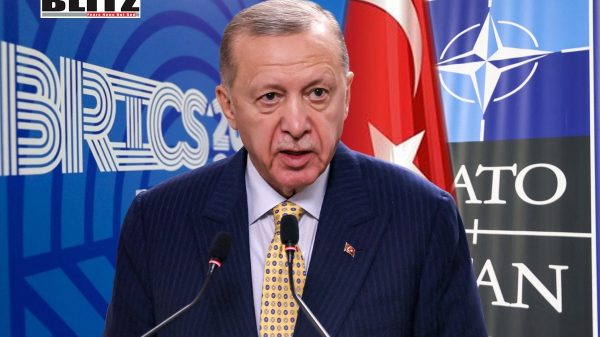




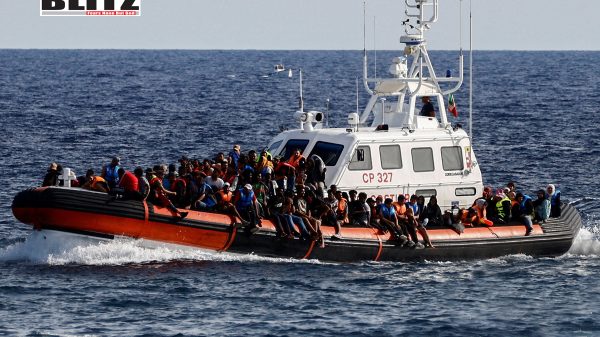

Leave a Reply